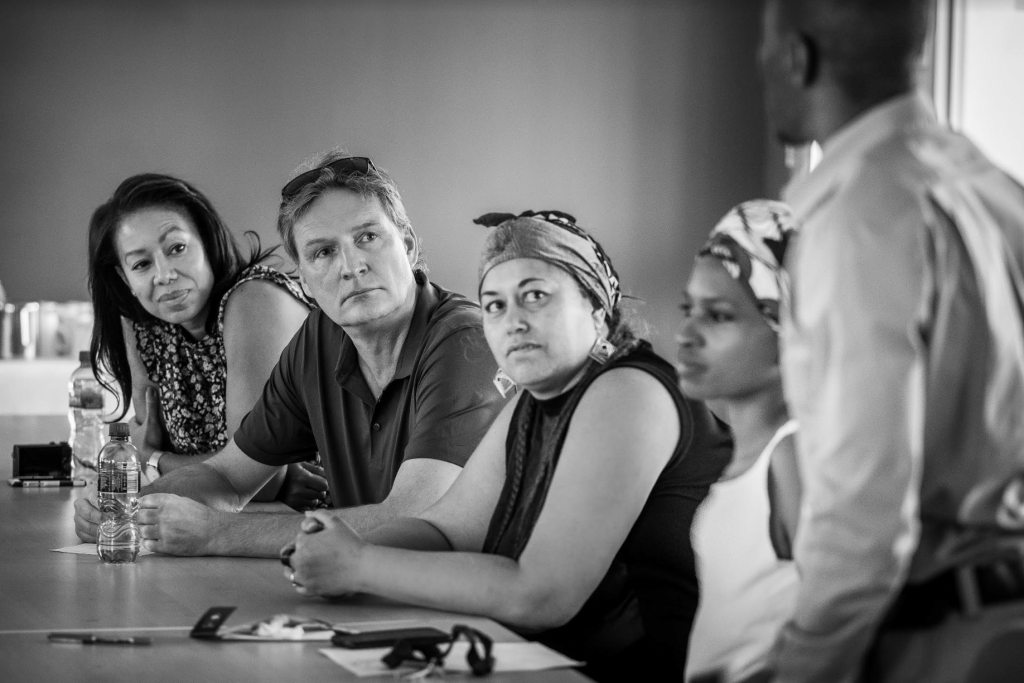The future of our world depends on the decisions we make today. This applies to every level of life – individual to global. Decisions are the penultimate proof, the ultimate proof being in action taken and the results achieved. The decision-maker has connected all the dots, reconciled all differences, and considered all consequences before deciding what to do. This is the ideal. But, as humans, we are prone to waver from the pathway. However, the leaders of our world learn to build a life based on a long-term vision, focusing on what must be done and embracing extreme laser focus. It is to this effect that Kiri-Maree Moore, Founder of The ONE Percent Movement and Decision Velocity Global, shares the following tips for making strategic decisions for generations to come.
Overcome biases
Biases divide people. Often perpetuated by vested interests, they can delay progress and affect a leader’s perceptive powers and must be addressed. Although necessary, this important step is anything but easy. Kiri-Maree says, “Overcoming your own biases and conditioning is the first, and often a most difficult hurdle in making the right decision, fast. Leaders must exercise the muscle of human intelligence to gain a sense of awareness that creates an inclusive space. Undervaluing others demotivates them and causes them to disengage from a collective vision. It is unfortunate; often, the higher a leader climbs, the tougher it can be for them to be flexible to change and to accept different views and opinions.”
Extend the table
Senior leaders can often be the last to know about their organizations’ realities. This is in line with the Peter Principle – ‘The higher you go, the less you know,’ implying that as leaders rise the ranks, they become cut off from daily operations and end up being the least qualified to make decisions for everyone else.
For Kiri-Maree, the nemesis of the Peter Principle is the Inclusion Principle, “opening up a new conversation at the decision table.” She believes this will allow new perspectives to flow. As the bridge between different levels and hierarchy gets established, ideas flow more freely, and people feel more motivated to work.
Collaboration over competition

Kiri-Maree believes in the power of conversation. For her, “Conversations change culture.” The world of leadership is often seen as one of the most competitive places. Not only with other leaders and companies, but the atmosphere within corporations is often turned into a battlefield. While this may seem like a strategy to get the best out of every employee as they strive to outdo one another, it fails in comparison to the results effective collaboration can bring.
Human Intelligence before Artificial Intelligence
Kiri-Maree values the difference technology has made in human lives, she believes that it is the combination of HI or human intelligence and technology. She says, “For leaders to make the right decisions fast, they must learn the secret advantage of exercising the muscle of Human Intelligence (HI). Leaders must foster a culture where it is encouraged to think for themselves, do things differently, and lead.

